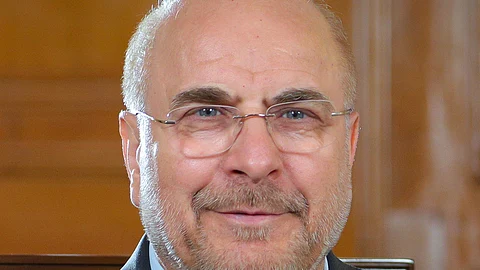

Iran’s Parliament, the Majlis, voted unanimously on Wednesday to suspend all cooperation with the International Atomic Energy Agency (IAEA), escalating tensions in the wake of Israel’s attacks on Iran beginning June 13 and the U.S. bombing of three Iranian nuclear facilities in the early morning hours of June 22.
The bill passed with 221 votes in favor, none opposed, and one abstention.
Under the legislation, IAEA inspectors would be barred from accessing Iran’s nuclear facilities, including prohibitions on installing surveillance cameras and conducting inspections. Such activities would only be permitted if Iran’s nuclear sites are guaranteed security and if the Supreme National Security Council (SNSC) grants approval.
The bill will now proceed to the Guardian Council for ratification and then to the SNSC for final approval. The council is headed by President Massoud Pezeshkian but ultimately answers to Supreme Leader Ayatollah Ali Khamenei.
On Tuesday, Parliamentary Speaker Mohammad Baqer Qalibaf sharply criticized the IAEA for its failure to condemn the U.S. and Israeli strikes on Iran’s nuclear infrastructure during the nearly two-week conflict, which ended with a tentative ceasefire early Tuesday morning. Qalibaf also referred to the IAEA as a “political tool,” echoing longstanding Iranian allegations that the agency is biased and aligned with Western and Israeli interests.
On Monday, the Parliament’s National Security Committee approved the general outline of the bill. Many observers viewed the move as inevitable following the IAEA Board of Governors’ June 12 resolution declaring Iran out of compliance with the Nuclear Non-Proliferation Treaty (NPT). Critics have noted that the resolution relied on data dating back to 2003–2018 and made no reference to Iran’s current nuclear activities. The timing of the resolution—just hours before Israel launched its strikes—has fueled speculation that it was intended to provide diplomatic cover for the offensive.
Since the U.S. bombings of Iran’s facilities at Natanz, Esfahan, and Fordow, IAEA Director-General Rafael Grossi has confirmed that the agency no longer knows the whereabouts of Iran’s stockpile of approximately 409 kilograms (901 pounds) of highly enriched uranium. Satellite imagery suggests the uranium may have been evacuated from Fordow prior to the strikes.
Prior to Israel’s attacks, Iran released what it claimed were documents obtained from Israeli sources, alleging that the IAEA had passed along sensitive information about Iran’s nuclear program to Israel.